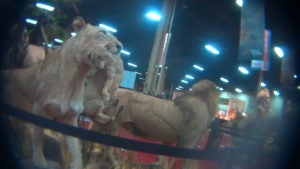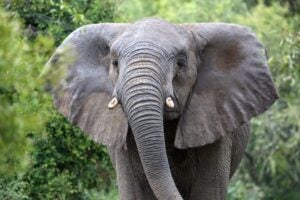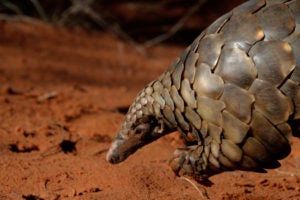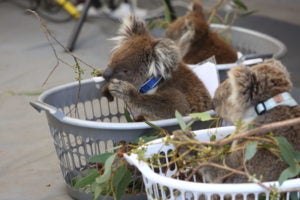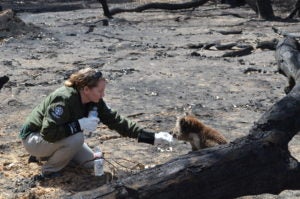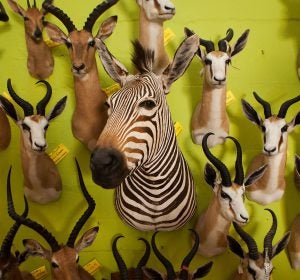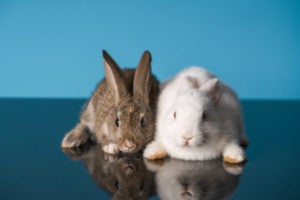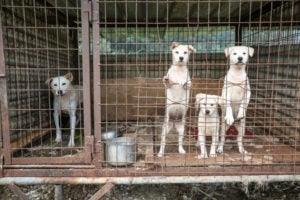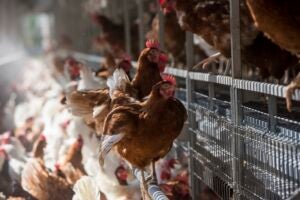
South Africa — City Lodge Hotel Group (CLHG) has become the first African hotel chain to announce a cage-free eggs commitment, after working for two years with animal protection organisation Humane Society International to develop its animal welfare policy. By the end of 2025 CLHG will source exclusively cage-free eggs throughout its entire supply chain, which serves approximately 1.4-million eggs annually. CLHG and HSI will continue to work together on the implementation of this policy.
Ross Phinn, divisional director of operations at CLHG, said: “Food is an important component of our overall offering to guests and we are committed to the switch to cage-free eggs. This is one of several steps that CLHG is taking on its sustainability, environmentally-friendly and responsible tourism journey.”
Leozette Roode, media and outreach manager for HSI-Africa, said: “HSI-Africa has been working with City Lodge Hotel Group for more than two years on their journey to adopting a 100% cage-free egg policy, and we commend the leadership of the organisation for deciding to join the global movement towards higher animal welfare standards. Consumers rely on food companies to ensure high standards of animal care in their supply chains, and CLHG is taking the lead to improve the lives of animals in South Africa’s food system. This move will relieve thousands of egg-laying hens from a life of extreme confinement, and sends a clear message to the egg industry that the future of egg production is cage-free. We are looking forward to working with CLHG to implement this commitment and encourage other food service providers to follow their example.”
Approximately 86% of egg-laying hens in South Africa spend their entire lives confined in wire battery cages, laying egg after egg for human consumption. Each hen is offered less space than the size of an A4 piece of paper, preventing them from fully performing their natural behaviors, such as nesting, perching, dust-bathing, running, flying, wing-flapping, and even freely walking. Studies show that battery caged hens suffer from psychological stress as well as physical harm. HSI is working globally to end the intensive confinement of egg-laying hens in cages. Businesses are increasingly realizing the economic value of more humane purchasing policies and farms are moving to meet the higher welfare requirements of their customers.
CLHG joins hundreds of international food corporations that have already committed to switching to exclusively cage-free eggs. HSI has worked with Unilever and Nestlé, the largest food companies in the world, on their cage-free policies, as well as two of the world’s largest food service providers, Sodexo and Compass Group, on their new global animal welfare and corporate social responsibility policies. After working with HSI-Africa, McDonalds South Africa committed to switching to 100% cage-free eggs in 2017. For more information on other HSI corporate cage-free commitments, see https://cagefreeworld.org/global/.
Fast facts:
- With a gross turnover of R10.77 billion at producer level, eggs remain the fourth largest animal product sector in agriculture in South Africa.[1]
- Approximately 7.1 billion eggs are produced in South Africa in a year (2017).[2]
- Over 25 million egg-laying hens are raised in South Africa,[3], approximately 86% of whom are confined in battery cages.[4]
- As well as enduring psychological stress, battery hens also endure physical harm including bone weakness, feather loss, and in some cases metabolic disorders, including disuse osteoporosis and liver damage.[5]
ENDS
MEDIA CONTACT:
Leozette Roode, HSI-Africa media and outreach manager, e: LRoode@hsi.org, t: +27 71360 1104
Susan Reynard, communications & PR consultant (sreynard@clhg.com / sreynard.joburg@gmail.com ; 083 446 0544) on behalf of: City Lodge Hotel Group
[1] https://www.sapoultry.co.za/pdf-statistics/Egg-industry-stats-summary.pdf
[2] https://www.sapoultry.co.za/pdf-statistics/Egg-industry-stats-summary.pdf
[3] http://www.sapoultry.co.za/pdf-statistics/egg-industry.pdf
[4] www.internationalegg.com/stats
[5] https://www.hsi.org/wp-content/uploads/assets/pdfs/scientists-and-experts-on-battery-cages-and-laying-hen-welfarehsi.pdf

